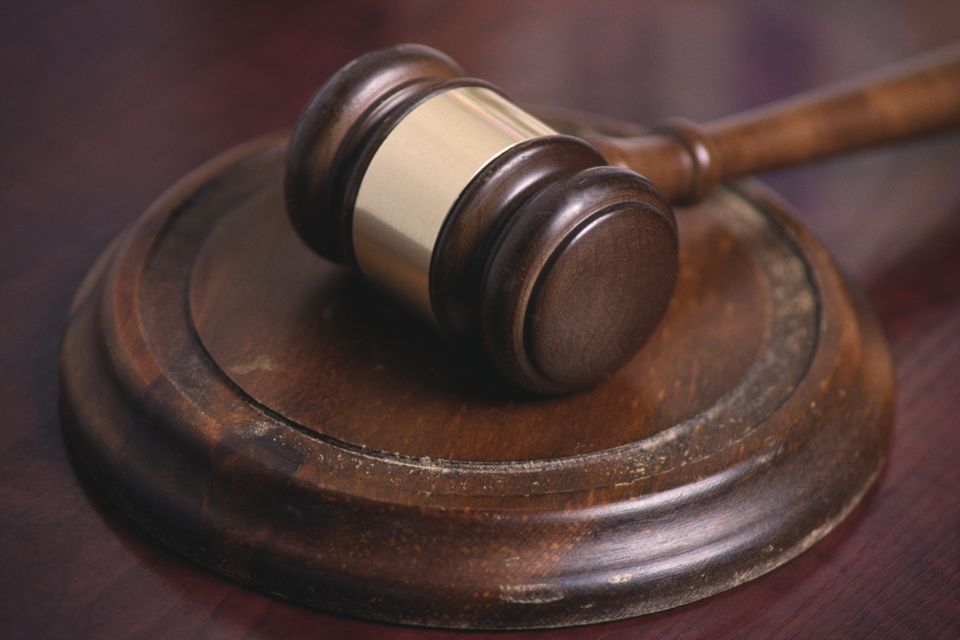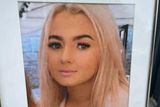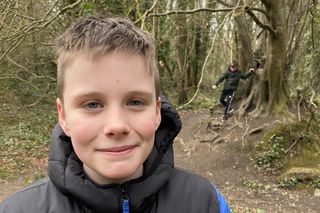Trial of man accused of raping Down syndrome woman: 'people with the condition have instantly recognisable physical features'
Stock picture
The trial of a foreign national accused of raping a Down syndrome woman has heard that the facial features associated with the condition are the same everywhere in the world.
The CEO of Down Syndrome Ireland Pat Clarke told the court that people with the condition have distinctive physical features which “would be instantly recognisable”. These include a round face and mouth, short nose and distinctive ears.
He said there was a tendency towards obesity and very lax muscle tone associated with the condition.
The 34 year old accused, who has lived here since 2007, admits there was some sexual contact with the woman but maintains that it was consensual and that he didn't know she was mentally impaired.
The trial also heard evidence from two women who said they were made feel uncomfortable by someone matching the accused's description in the same area around the time of the alleged rape.
He has pleaded not guilty at the Central Criminal Court to rape, sexual assault and having sex with a mentally impaired person at his Dublin home on June 12, 2013.
Mr Clarke told prosecuting counsel Caroline Biggs SC that the physical characteristics of Down syndrome were the same across all races and in all countries. He said this included the native country of the accused.
Mr Clarke agreed with defence counsel Padraig Dwyer SC that the accused's native country had a lower rate of Down syndrome live births than Ireland due to various social factors.
He also agreed that people with Down syndrome in that country may be more hidden away but that this was changing. He compared the accused's country to Ireland a few decades ago in this regard.
Mr Clarke said that Down Syndrome Ireland would like to see a change in the law forbidding sex with a mentally impaired person as the current law criminalises two Down syndrome people who might have sex.
He also agreed that the organisation would agree that some Down syndrome people were capable of consenting to sex but there were different levels and it would be “on a case by case basis”
A teenager gave evidence that a man followed her and a friend the day after the alleged rape. She told the court that she and her friend, who has already given evidence and identified this man as the accused, approached him and asked him for a lighter.
She said the man asked them their ages and told them to come back to him when they were 18. The girls were 15 at the time. She said they walked away and noticed the man was following them.
This caused them to speed up and start running once they turned a corner. They then ran into two undercover gardaí and told them what happened.
Another woman said she was out running a few days after Christmas 2013 when a man stopped her and asked her to come to his house for a drink. The woman said no but that maybe she and her husband might join him for a drink in the New Year.
She told Ms Biggs that they had just moved to the area and were trying to get to know people. She said she agreed to give the man her number and that he phoned it immediately.
She said he seemed to become slightly irritated when it didn't ring. The woman said this was because she had left it at home.
The witness said that he called her first thing on New Year's Day and that over the next three days he called her five or six times. She never answered these calls.
She said she later saw this man frequently standing in the doorway of a house, which has been identified as the accused's home, and that this made her uncomfortable. She made her statement to gardaí in the days following the alleged rape.
Ten other women gave evidence earlier this week of being pestered or harassed by a man in the area around the time of the alleged rape. The trial continues before Mr Justice Tony Hunt and a jury of six men and six women.
Join the Irish Independent WhatsApp channel
Stay up to date with all the latest news














